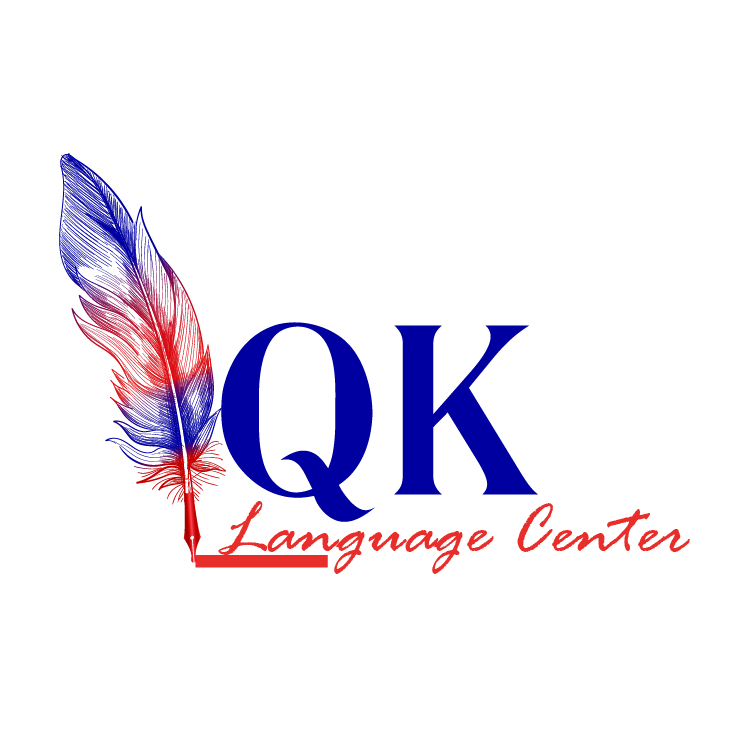German investors cheer EBET Act – Daily Tribune (Philippines)

Locally based German firms expect stronger collaboration between Germany and the Philippines in terms of skills development following the signing of the Enterprise-Based Education and Training Framework (EBET) Act by President Ferdinand Marcos Jr.
President Marcos said the law aims to institutionalize apprenticeship programs across the country to enable workers to develop their skills and produce a competitive workforce.
“German businesses in the Philippines, represented by GPCCI, welcome this reform, recognizing its potential to enhance workforce readiness in the Philippines. Germany has been practicing Duale Ausbildung (dual training system) for decades,” the GPCCI said in a statement.
Further, the group hopes the new framework will boost the skills of their Filipino employees.
German businesses are in many local sectors, including services, manufacturing, trade, business services, certification services, shipping, logistics, and heavy equipment operation and maintenance.
The EBET Act establishes a foundation for skill-building through a combination of schooling and practical, on-the-job training aligned with industry standards.
“The EBET Act is an important step for developing the workforce and future-readiness of the Philippines.” German Ambassador Dr. Andreas Michael Pfaffernoschke said: “Germany has been a partner in education for decades in the Philippines. The first German-based dual training school was founded in the Philippines in 1982.”
Strength from dual training
The GPCCI leader said the strength of dual training lies in the fact that learners do not only have theoretical classes in colleges and schools but are trained additionally within companies.
Here, they see the practical value of their skills immediately and develop a better understanding of it.
Dual training combines theory and practice through its program design.
At the same time, Germany is committed to supporting initiatives like these that align with our own experience in Duale Ausbildung (dual training system).
Germany has also exported the approach of dual training to many other countries in the world and South East Asia like the Philippines, Malaysia, Thailand, Indonesia, and Vietnam.
GPCCI and its sister-chambers around the world support dual training programs in over 52 countries.
EBET Act follows key German-Philippine initiatives which underscore Germany’s commitment to workforce development in the Philippines.
In January 2024, Federal Foreign Minister Annalena Baerbock visited the national training center of the Technical Education and Skills Development Authority (TESDA) in Taguig.
GPCCI and TESDA signed a memorandum of cooperation. German companies like Siemens and Festo promised to contribute their industry expertise to the effort, equipping more classrooms with Industry-4.0-ready manufacturing equipment and learning tools.
“The EBET Act is a timely solution to the workforce challenges raised by the German-Philippine business community,” GPCCI president Marie Antoniette Mariano said.
“By addressing the skills gap and aligning training with industry standards, this law has the potential to close critical gaps in the labor market, fostering a more competitive and resilient workforce that will benefit both local and foreign businesses in the Philippines.”
Follow Us
2000
Powered by Quintype
